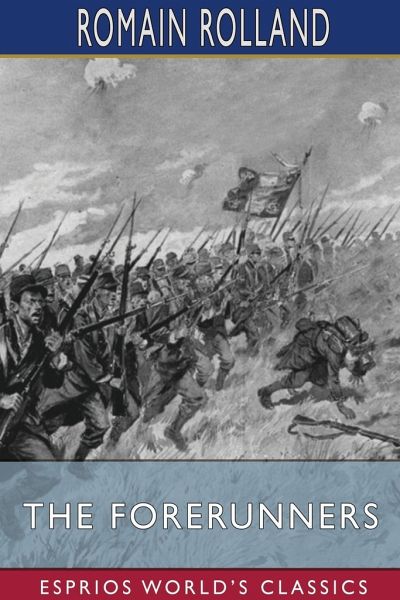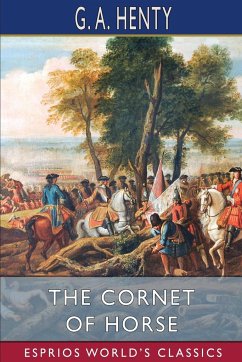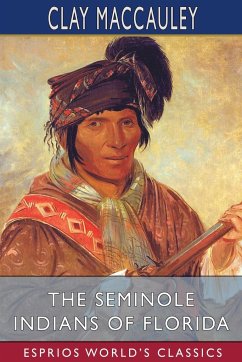Nicht lieferbar

The Forerunners (Esprios Classics)
Translated by Eden and Cedar Paul
Versandkostenfrei!
Nicht lieferbar
Romain Rolland (29 January 1866 - 30 December 1944) was a French dramatist, novelist, essayist, art historian and mystic who was awarded the Nobel Prize for Literature in 1915 "as a tribute to the lofty idealism of his literary production and to the sympathy and love of truth with which he has described different types of human beings". He was a leading supporter of Josef Stalin in France and is also noted for his correspondence with and influence on Sigmund Freud. Rolland's most significant contribution to the theatre lies in his advocacy for a "popular theatre" in his essay The People's Thea...
Romain Rolland (29 January 1866 - 30 December 1944) was a French dramatist, novelist, essayist, art historian and mystic who was awarded the Nobel Prize for Literature in 1915 "as a tribute to the lofty idealism of his literary production and to the sympathy and love of truth with which he has described different types of human beings". He was a leading supporter of Josef Stalin in France and is also noted for his correspondence with and influence on Sigmund Freud. Rolland's most significant contribution to the theatre lies in his advocacy for a "popular theatre" in his essay The People's Theatre (Le Théâtre du peuple, 1902).






